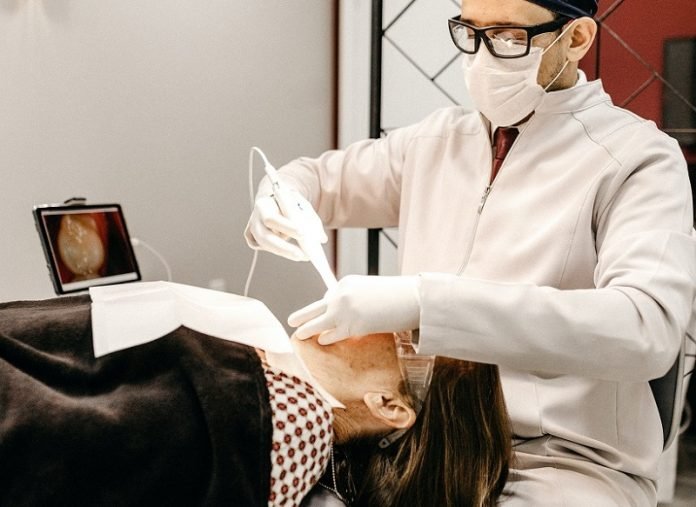
Scientists from Mayo Clinic found that dental care could the risk of hospitalization in people with diabetes or heart disease.
The research is published in the Compendium of Continuing Education in Dentistry and was conducted by Bijan Borah et al.
Physicians and dentists know that oral health is a critical element of overall health.
However, there are many unknowns with respect to the effects of regular dental care and a healthy mouth, teeth, and gums.
Furthermore, Medicare does not cover dental care, and although children receive dental care as part of Medicaid, coverage for adults varies state-to-state.
In the study, researchers examined the connection between preventive dental care—that is, regular exams, cleaning, and nonsurgical periodontal treatment—and the costs of care for people with diabetes or coronary artery disease.
They examined the records of 11,734 adult patients enrolled in a commercial health plan in Arkansas that provided integrated preventive dental care coverage.
Study patients had diabetes, coronary artery disease, or both.
The researchers compared the health care costs of those who had at least one preventive dental visit each year of enrollment to patients who did not use the dental care.
They found the average annual cost savings for patients receiving at least yearly dental care compared to those who received none were as follows:
Patients with diabetes—$549 cost savings.
Patients with coronary artery disease—$548 cost savings.
Patients with both conditions—$866.
These data showed that people with diabetes or coronary artery disease have reduced health care expenditures, including less likelihood of hospitalization, when receiving regular preventive dental care.
The team says good oral health practices are going to be beneficial for people with other chronic conditions.
If you care about diabetes, please read studies about a cure for type 2 diabetes, and why insulin is more expensive for people with diabetes.
For more information about diabetes, please see recent studies about bone drug that could lower risk of type 2 diabetes, and results showing this could improve your insulin function, prevent type 2 diabetes.
Copyright © 2022 Knowridge Science Report. All rights reserved.



